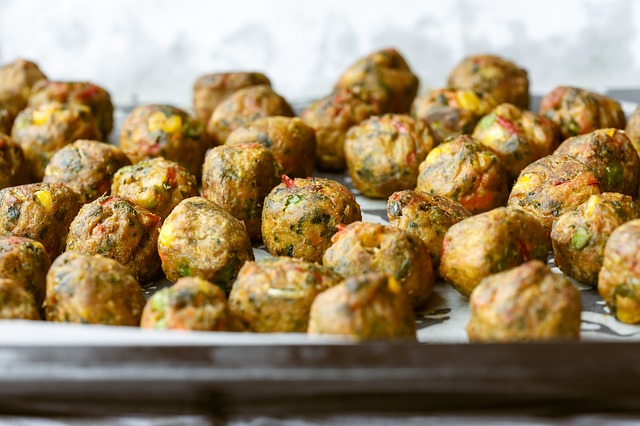Flexitarians grow in Portugal, but with no great impact on reducing meat consumption – Hipersuper
The number of flexitarian consumers is growing in Portugal. But this rise is not yet reflected in consumption data, as there has not yet been a decline in red meat purchases, according to a study by consultant Lantern called The Green Revolution.
In absolute numbers, Portugal currently has 1,018,000 vegetarian consumers over the age of 18, representing 11.9% of the population, an increase of 2.9 percentage points compared to 2019. Translating to absolute numbers, this means that there are over 250,000 veggie consumers.
Vegetarians accounted for 2.1% of the Portuguese population, when in 2019 the figure was set at 0.9%. The proportion of vegans dropped from 0.7% to 0.5%.
Although the eating habits of the Portuguese want to change, it does not mean that there is still a clear change in the Portuguese diet. “The trend remains clear and we see, year after year, how more and more people are starting to adopt new eating habits. But this trend, while clear, is still not being supported by consumer data. There has not yet been a drop in sales of red meat”, as can be read in the document.
Citing data from INE, the document indicates that red meat consumption has grown, in total volume of tons, 7% since 2013. However, from 2019 to 2020, red meat consumption fell 5%, “data very much related to the impact of the pandemic on out-of-home consumption”.
In terms of consumer profile, making an analysis by gender, women are predominant in the consumption of this type of diet, with 13.7% of women being veggies, representing 60% of the veggie population in the country.
Although veggie consumers are distributed across all age groups, the greatest penetration is found in the 18-34 age group. “The 25-34 year old segment leads penetration per target with 16.8%, up from 11.3% two years ago. In the case of younger people, from 18 to 24 years old, 12.8% of them are vegetables”, indicates the study.
As for the motivations for consumers to change the profile of their diet, these are related to health, animal welfare and sustainability.
Analyzing the various categories of herbal products in our country, the study already classifies vegetable-based drinks as mainstream. Meat substitutes and yogurt appear as categories that are in a state of emergency, followed by ice cream, cheese, ready meals and sausages, classified as emerging products. Fish, eggs and sauces are growing categories.




